
The FDA has granted an RMAT designation to RP-L201 as a potential treatment for patients with leukocyte adhesion deficiency-I.

The FDA has granted an RMAT designation to RP-L201 as a potential treatment for patients with leukocyte adhesion deficiency-I.

The FDA has granted an RMAT designation to valoctocogene roxaparvovec for hemophilia A.

A phase 2 clinical trial has been initiated to evaluate Descartes-11, an mRNA CAR T-cell therapy, as a consolidative therapy in patients with newly diagnosed, high-risk multiple myeloma who have residual disease after induction therapy.

The FDA has granted a fast track designation to PBFT02, PBKR03, and PBGM01, which are intended as treatments for patients with various rare CNS disorders.

The 2-stage study is an open-label, 2-stage clinical trial designed to evaluate safety and dose-escalation (stage 1) and safety and efficacy (stage 2) of surgically delivered AXO-AAV-GM2.

Data from the phase 2 ZUMA-5 trial supported the approval of axicabtagene ciloleucel, a chimeric antigen receptor T-cell therapy, as a treatment for patients with follicular lymphoma in the third-line setting.

Orchard Therapeutics released its plans for 2021, which included the launch of OTL-200 (Libmeldy) in Europe and development of an FDA submission strategy in the United States.
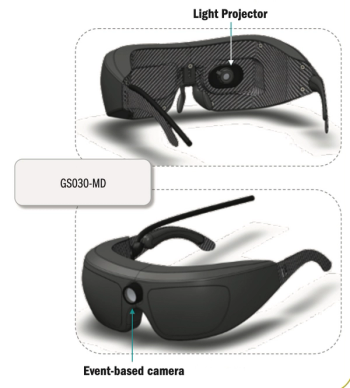
Treatment may facilitate sight in end-stage retinitis pigmentosa.
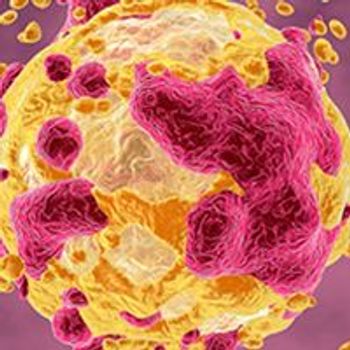
Pathogenic germline variants identified among children and young adults with rhabdomyosarcoma suggest that all children with RMS should undergo germline sequencing to utilize available surveillance guidelines and inform potential gene-specific therapy options.

Baseline diabetic retinopathy severity is an important predictor of its progression in patients.

Topline data from the phase 3 REVEAL 1 study show VGX-3100 led to higher rates of high-grade squamous intraepithelial lesions regression and HPV-16 and/or HPV-18 clearance compared with placebo.
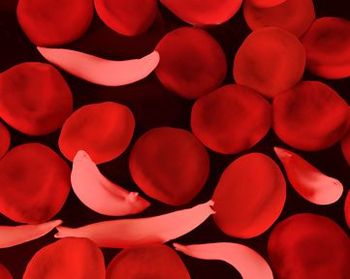
UniQure plans to file etranacogene dezaparvovec with the FDA for hemophilia B in March, pending a positive resolution to a clinical hold placed in December.
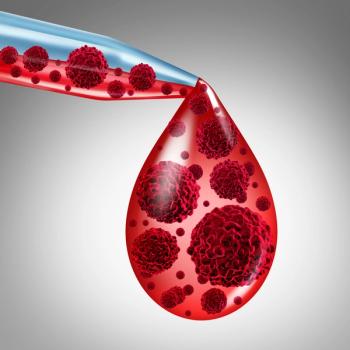
More than 2 years after treatment, some of the patients with relapsed/refractory multiple myeloma have yet to see a relapse. An FDA decision on the therapy is expected within a month.

High-dose chemotherapy and transplant remains the second-line standard of care for the majority of patients with relapsed/refractory diffuse large B-cell lymphoma; however, CAR T-cell therapy and other novel agents, which have transformed the third-line setting, may offer alternative and more personalized second-line options in the coming years.
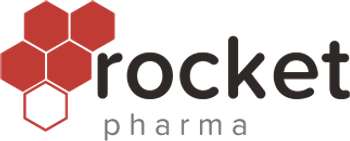
Rocket Pharmaceuticals has summarized multiple major milestones for its 5 gene therapies from 2020 and provided a forecast and outlook for what is expected to be a banner year for the organization.

CD19-targeted CAR T-cell therapies have yielded durable remissions in approximately half of all patients with aggressive relapsed/refractory B-cell lymphomas.
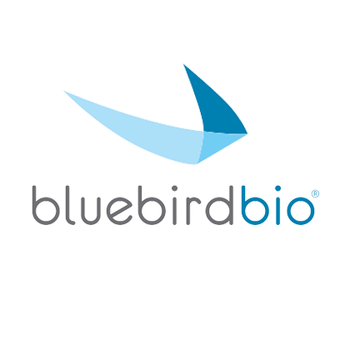
Preliminary evidence pinpoints classical causes for AML in patient treated with LentiGlobin in a phase 1/2 study for sickle cell disease.

Treatment with chimeric antigen receptor T cells has induced unprecedented overall response rates and complete response rates in patients with relapsed/refractory B cell malignancies.

Since the publication of the pivotal ELIANA trial in pediatric patients with acute lymphoblastic leukemia, the field of CAR T-cell therapy has grown significantly and left providers better equipped to understand and manage treatment-related adverse effects, such as cytokine release syndrome.

Sanofi has entered a new agreement with SIRION Biotech to develop tissue-selective AAV vectors for novel gene therapies.

Advancements in gene therapy approaches have opened the door for a glimpse into the future of care for a number of diseases.

February 24, 2021 - The CAR T-cell product KTE-X19 continues to demonstrate durable clinical benefit in patients with relapsed/refractory mantle cell lymphoma, with an overall response rate of 92%.

Binod Dhakal, MD, discusses the potential impact of ide-cel, orva-cel, and cilta-cel in multiple myeloma therapy.
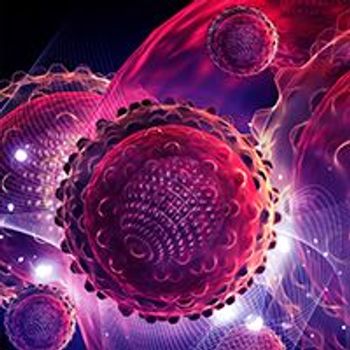
AbbVie and Caribou Biosciences, Inc have entered into a collaboration and license agreement for the research and development of chimeric antigen receptor T-cell therapeutics.

ADP-A2M4CD8, a novel T-cell therapy, is being investigated in a range of tumor types that express MAGEA4, an antigen expressed in solid tumors that investigators say represents a promising target for cellular immunotherapy.
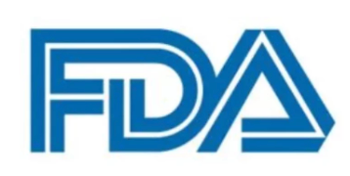
FDA advises against submission of NurOwn as a treatment for ALS, based on a lack of statistical significance in phase 3 study.

An independent board has determined that ofranergene obadenovec is safe allowing the phase 3 OVAL study to continue.

Bijan Nejadnik, MD, chief medical officer, SanBio, also thanked neurological experts that collaborated on the phase 2 STEMTRA trial.

Masahito Kawabori, MD, PhD, associate professor, Hokkaido University, discussed results of the phase 2 STEMTRA trial.
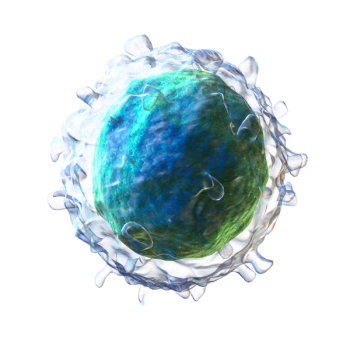
Findings presented at the 2021 Transplant & Cellular Therapy Meetings indicate that patients with B-cell non-Hodgkin lymphoma may benefit from a type of natural killer immunotherapy added to chemotherapy and transplant.